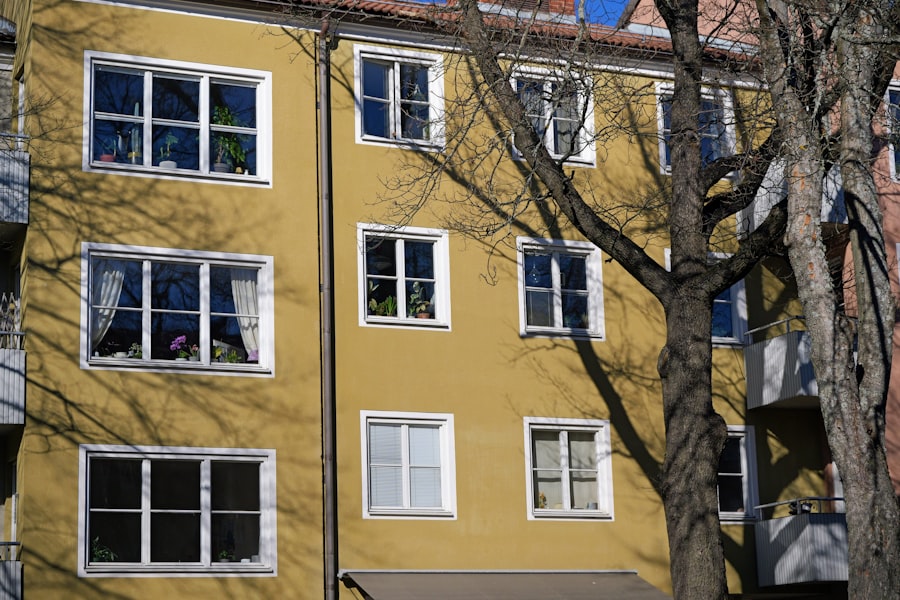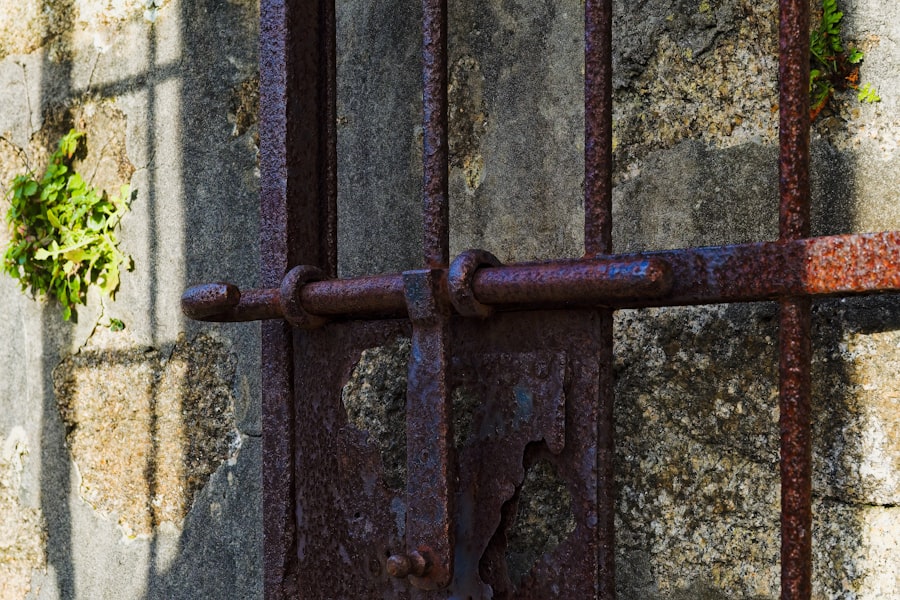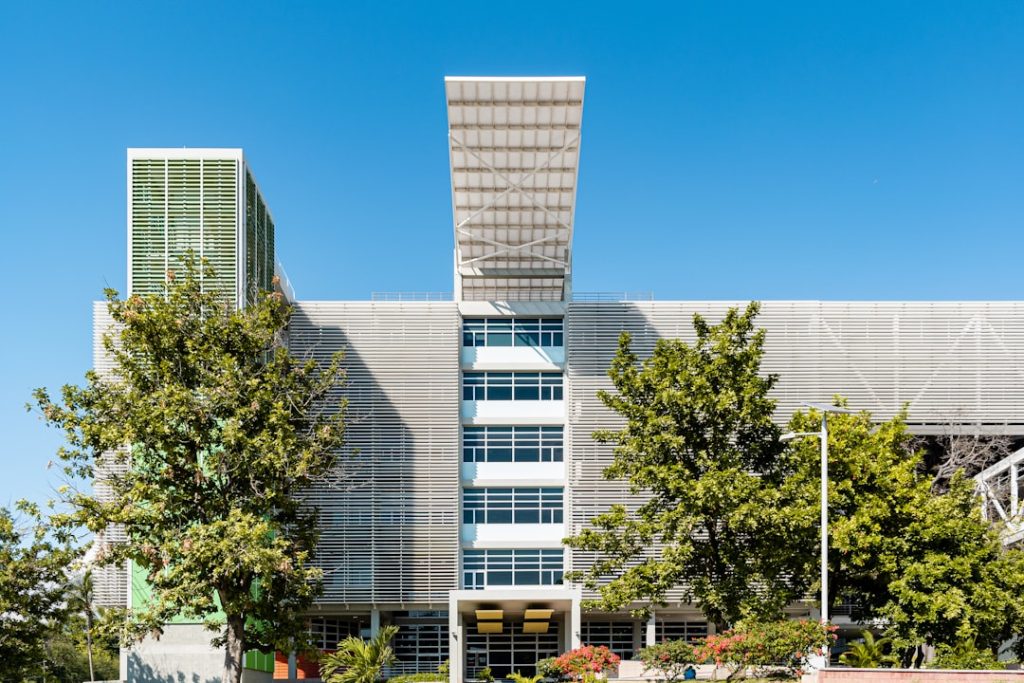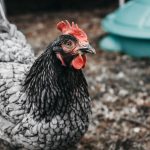Chickens are highly susceptible to heat stress, which can have significant impacts on their health and productivity. Unlike humans, chickens cannot sweat to regulate their body temperature, instead relying on methods such as panting and seeking shade. When exposed to excessive heat, chickens may experience a range of physiological issues, including dehydration, electrolyte imbalances, and respiratory distress.
Heat stress in chickens can lead to decreased egg production, poor egg quality, reduced feed intake, and in severe cases, death. Signs of heat stress in chickens include panting, lethargy, reduced egg production, and spreading their wings to dissipate heat. Poultry farmers must be vigilant in recognizing these signs to ensure the well-being of their flock.
The impact of heat stress on egg production is particularly notable, with hens laying fewer eggs or producing eggs with poor quality shells. This can have significant economic implications for poultry farmers. Understanding the effects of heat on chickens allows farmers to implement proactive measures to mitigate the impact of high temperatures.
These measures are crucial for maintaining the health, productivity, and overall well-being of the flock during hot weather conditions.
Table of Contents
Key Takeaways
- Heat stress can have a significant impact on chickens, leading to decreased egg production, poor growth, and even mortality.
- Providing adequate shade and shelter is crucial to protect chickens from direct sunlight and high temperatures.
- Proper ventilation and airflow are essential to help chickens regulate their body temperature and stay cool.
- Offering cool treats and ensuring access to clean, fresh water is important for keeping chickens hydrated and cool during hot weather.
- Adjusting feeding and watering schedules to cooler times of the day can help prevent heat stress in chickens.
Providing adequate shade and shelter
Reducing Direct Sun Exposure
One of the most important measures poultry farmers can take to protect their chickens from the heat is to provide adequate shade and shelter. This can help to reduce the direct exposure of the birds to the sun and lower the ambient temperature in their living environment. Natural shade from trees or artificial structures such as awnings or tarps can be used to create shaded areas where chickens can seek relief from the heat.
Well-Ventilated Shelters for Hot Weather
Additionally, providing well-ventilated shelters such as coops or barns can offer chickens a cool and protected space during hot weather. It’s essential for poultry farmers to ensure that their chickens have access to shade and shelter throughout the day, especially during the hottest hours when the sun is at its peak. By providing adequate shade and shelter, farmers can help their chickens stay cool and reduce the risk of heat stress.
Ensuring Access to Shade and Shelter
Adequate shade and shelter are essential for protecting chickens from the negative effects of high temperatures. Poultry farmers should ensure that their birds have access to shaded areas where they can seek relief from the sun during hot weather. This can be achieved by providing natural shade from trees or creating artificial shelters using materials such as tarps or awnings.
Ensuring proper ventilation and airflow

Proper ventilation and airflow are crucial for maintaining a comfortable living environment for chickens during hot weather. Good ventilation helps to remove excess heat and moisture from the coop or barn, preventing the buildup of hot air that can contribute to heat stress in chickens. Poultry farmers should ensure that their chicken housing is well-ventilated, with openings or vents that allow for the circulation of fresh air.
Additionally, fans or other mechanical ventilation systems can be used to improve airflow and reduce the temperature inside the chicken housing. It’s important for farmers to regularly inspect and maintain their ventilation systems to ensure that they are functioning effectively, especially during periods of hot weather. By ensuring proper ventilation and airflow, poultry farmers can create a more comfortable living environment for their chickens and reduce the risk of heat stress.
Proper ventilation and airflow are essential for creating a comfortable living environment for chickens during hot weather. Poultry farmers should ensure that their chicken housing is well-ventilated, with adequate openings or vents that allow for the circulation of fresh air. Good ventilation helps to remove excess heat and moisture from the coop or barn, preventing the buildup of hot air that can contribute to heat stress in chickens.
In addition to natural ventilation, fans or other mechanical ventilation systems can be used to improve airflow and reduce the temperature inside the chicken housing. It’s important for farmers to regularly inspect and maintain their ventilation systems to ensure that they are functioning effectively, especially during periods of hot weather. By ensuring proper ventilation and airflow, poultry farmers can create a more comfortable living environment for their chickens and reduce the risk of heat stress.
Offering cool treats and hydration
During hot weather, it’s important for poultry farmers to provide their chickens with cool treats and ample hydration to help them stay cool and hydrated. Cool treats such as frozen fruits or vegetables can be offered to chickens as a refreshing snack that can help lower their body temperature. Additionally, providing access to cool water throughout the day is essential for ensuring that chickens remain hydrated in hot weather.
Poultry farmers should regularly check water sources to ensure that they are clean and cool, as chickens may be less inclined to drink warm water during hot weather. By offering cool treats and hydration, farmers can help their chickens stay cool and hydrated, reducing the risk of heat stress. Offering cool treats and ample hydration is essential for helping chickens stay cool and hydrated during hot weather.
Poultry farmers can provide their birds with refreshing snacks such as frozen fruits or vegetables, which can help lower their body temperature and provide relief from the heat. Additionally, ensuring that chickens have access to cool water throughout the day is crucial for maintaining their hydration levels in hot weather. Farmers should regularly check water sources to ensure that they are clean and cool, as chickens may be less inclined to drink warm water during periods of high temperatures.
By offering cool treats and hydration, poultry farmers can help their chickens stay comfortable and reduce the risk of heat stress.
Adjusting feeding and watering schedules
During hot weather, it’s important for poultry farmers to adjust their feeding and watering schedules to help their chickens cope with the heat. Chickens may be less inclined to eat during periods of high temperatures, so it’s important for farmers to offer smaller, more frequent meals throughout the day rather than large meals all at once. This can help to ensure that chickens are receiving adequate nutrition while also reducing the metabolic heat generated during digestion.
Additionally, adjusting watering schedules to provide cool water throughout the day can help ensure that chickens remain hydrated in hot weather. By making these adjustments to feeding and watering schedules, poultry farmers can help their chickens cope with the heat more effectively. Adjusting feeding and watering schedules is crucial for helping chickens cope with the challenges of hot weather.
Poultry farmers should be mindful that chickens may be less inclined to eat during periods of high temperatures, so it’s important to offer smaller, more frequent meals throughout the day rather than large meals all at once. This can help to ensure that chickens are receiving adequate nutrition while also reducing the metabolic heat generated during digestion. Additionally, adjusting watering schedules to provide cool water throughout the day is essential for maintaining hydration levels in hot weather.
By making these adjustments to feeding and watering schedules, poultry farmers can help their chickens cope with the heat more effectively.
Implementing cooling techniques such as misting or fans

How Misting Systems Work
Misting systems create a fine spray of water that helps lower the ambient temperature in chicken housing or outdoor areas where chickens spend time. This technique is effective in reducing the temperature, making the environment more comfortable for the chickens.
The Benefits of Fans
Fans can be used to improve airflow and reduce the temperature inside coops or barns. By circulating the air, fans help to speed up the evaporation of water, which in turn lowers the temperature. This creates a more comfortable living environment for the chickens, reducing the risk of heat stress.
Reducing the Risk of Heat Stress
Heat stress can have severe consequences for chickens, including reduced productivity and even death. By implementing cooling techniques such as misting systems or fans, poultry farmers can create a more comfortable living environment that allows their chickens to stay cool during periods of high temperatures. This helps to lower the risk of heat stress, ensuring the health and well-being of the chickens.
Monitoring and responding to signs of heat stress
It’s crucial for poultry farmers to monitor their chickens for signs of heat stress and respond promptly if any issues arise. Signs of heat stress in chickens can include panting, lethargy, reduced egg production, and spreading their wings to dissipate heat. If any of these signs are observed, it’s important for farmers to take immediate action to help their chickens cool down and recover from heat stress.
This may involve moving chickens to a cooler area with better ventilation, providing cool treats and hydration, or implementing other cooling techniques such as misting or fans. By monitoring for signs of heat stress and responding promptly, poultry farmers can help ensure the well-being of their flock during hot weather. Monitoring for signs of heat stress in chickens is essential for ensuring the well-being of poultry during hot weather.
Poultry farmers should be vigilant for signs such as panting, lethargy, reduced egg production, and spreading wings to dissipate heat, which may indicate that chickens are experiencing heat stress. If any of these signs are observed, it’s important for farmers to take immediate action to help their chickens cool down and recover from heat stress. This may involve moving chickens to a cooler area with better ventilation, providing cool treats and hydration, or implementing other cooling techniques such as misting or fans.
By monitoring for signs of heat stress and responding promptly, poultry farmers can help ensure the well-being of their flock during hot weather. In conclusion, understanding the impact of heat on chickens is crucial for poultry farmers who want to ensure the well-being of their flock during hot weather. Providing adequate shade and shelter, ensuring proper ventilation and airflow, offering cool treats and hydration, adjusting feeding and watering schedules, implementing cooling techniques such as misting or fans, and monitoring for signs of heat stress are all important measures that farmers can take to protect their chickens from the negative effects of high temperatures.
By being proactive in addressing these challenges, poultry farmers can help ensure that their chickens remain healthy and comfortable even in extreme heat conditions.
If you’re looking for more tips on keeping your chickens comfortable in the summer heat, check out this article on Snaplock Chicken Coop. It provides valuable information on how to design a coop that will help your chickens stay cool during the hottest months.
FAQs
What are some signs that chickens are overheated?
Some signs that chickens are overheated include panting, holding their wings away from their bodies, reduced egg production, and lethargy.
How can I keep my chickens cool in the summer?
You can keep your chickens cool in the summer by providing plenty of shade, ensuring good ventilation in the coop, offering cool water to drink, and providing frozen treats like fruits and vegetables.
What are some ways to provide shade for chickens?
You can provide shade for chickens by using tarps or shade cloths, planting trees or shrubs in their outdoor area, or creating a covered area with a roof or awning.
How can I improve ventilation in the chicken coop?
You can improve ventilation in the chicken coop by adding windows or vents to allow for airflow, using fans to circulate air, and keeping the coop clean to prevent ammonia buildup.
What should I do if I suspect my chickens are overheated?
If you suspect your chickens are overheated, you should immediately move them to a cooler area with shade and provide them with cool water to drink. You can also use a mister or hose to lightly spray them with water to help lower their body temperature.
Meet Walter, the feathered-friend fanatic of Florida! Nestled in the sunshine state, Walter struts through life with his feathered companions, clucking his way to happiness. With a coop that’s fancier than a five-star hotel, he’s the Don Juan of the chicken world. When he’s not teaching his hens to do the cha-cha, you’ll find him in a heated debate with his prized rooster, Sir Clucks-a-Lot. Walter’s poultry passion is no yolk; he’s the sunny-side-up guy you never knew you needed in your flock of friends!







